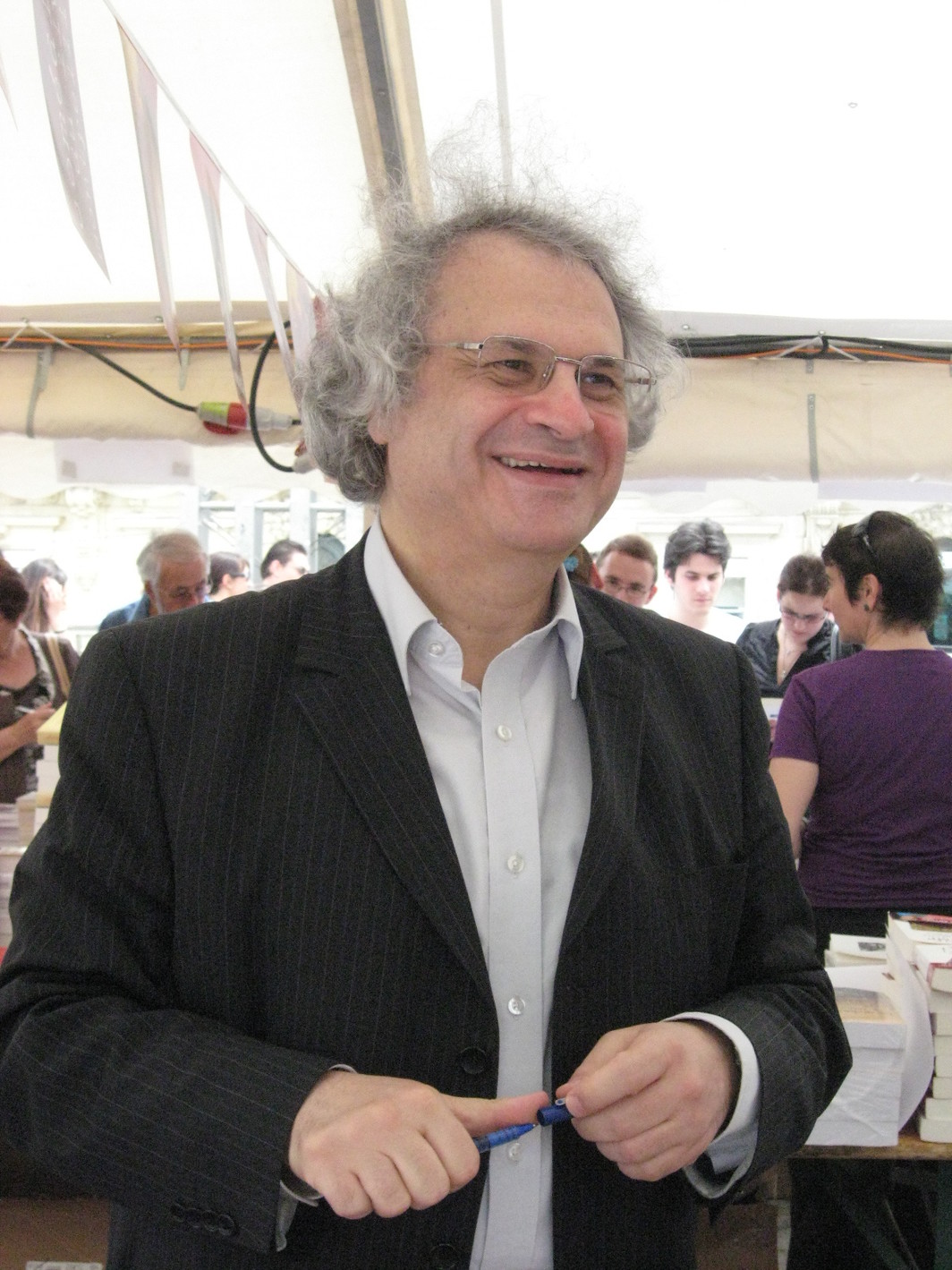Jun 14, 2010 @ 9:00:00 am
Still a Contender: Katherine Dunn has a new story in the summer Paris Review, her first fiction since her Geek Love was nominated for a 1989 National Book Award. (There is also an interview at the blog.) Dunn has spent the past two decades immersed in the boxing world, researching for a follow-up book called Cut Man and reporting on the sweet science for various boxing magazines (collected in the volume One Ring Circus). When she's isn't slugging would-be purse snatchers or reviewing boxing books, Dunn is still at work on her follow-up novel, which she reports will soon be finished.
Stieg











